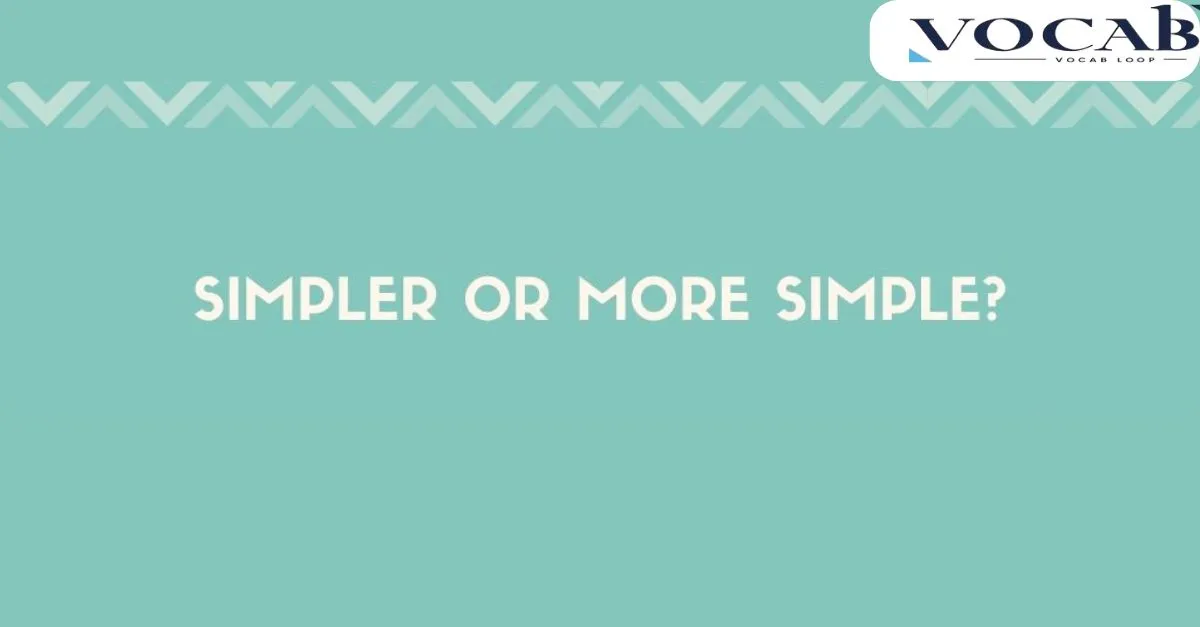Understanding the difference between simpler or more simple can seem tricky at first. These terms are both comparative forms of “simple,” but they are used in slightly different ways depending on context. This article explains their definitions, meanings, and usages to clear up confusion for anyone trying to master English grammar.
Whether you’re speaking English in casual conversations or writing formally, knowing how to use these terms correctly will help you communicate better.
What Is There Confusion: Simpler or More Simple?
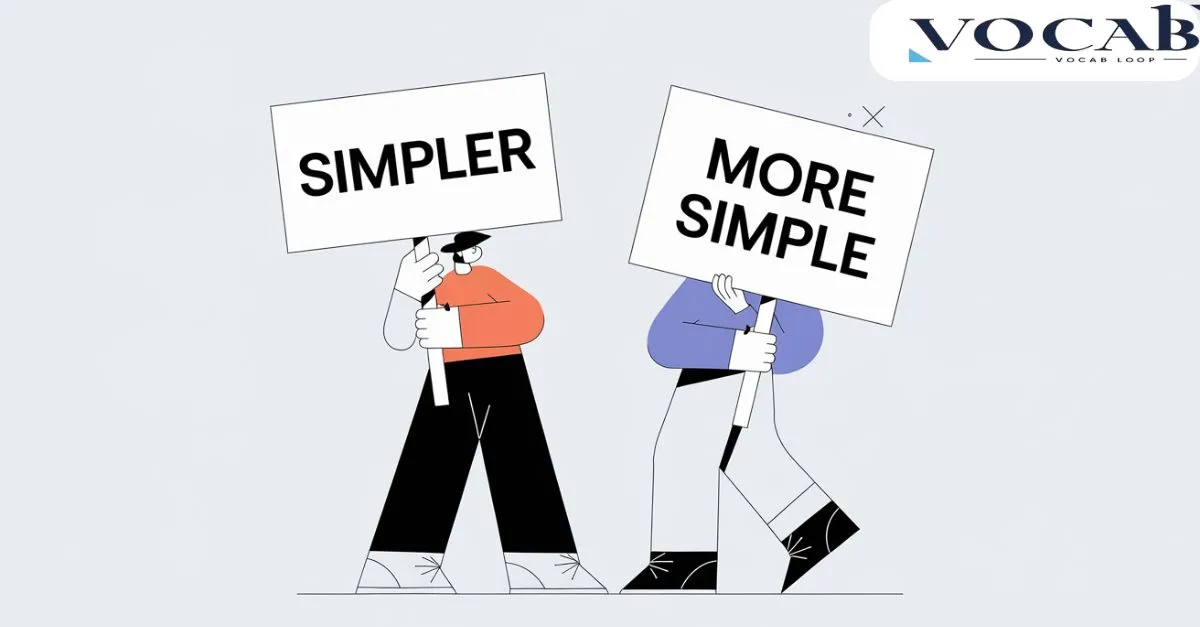
The confusion between simpler or more simple arises because both are used as comparative adjectives. People sometimes think they mean the same thing, but this isn’t always true. Grammar rules for comparative adjectives often depend on the structure and tone of the sentence.
For example, “simpler” is a single-word comparison, while “more simple” is a phrase that adds emphasis. This creates a question about which is right in a given sentence. By exploring their definitions, meanings, and how they fit into English grammar, we can uncover when to use each term.
What Is Simpler?
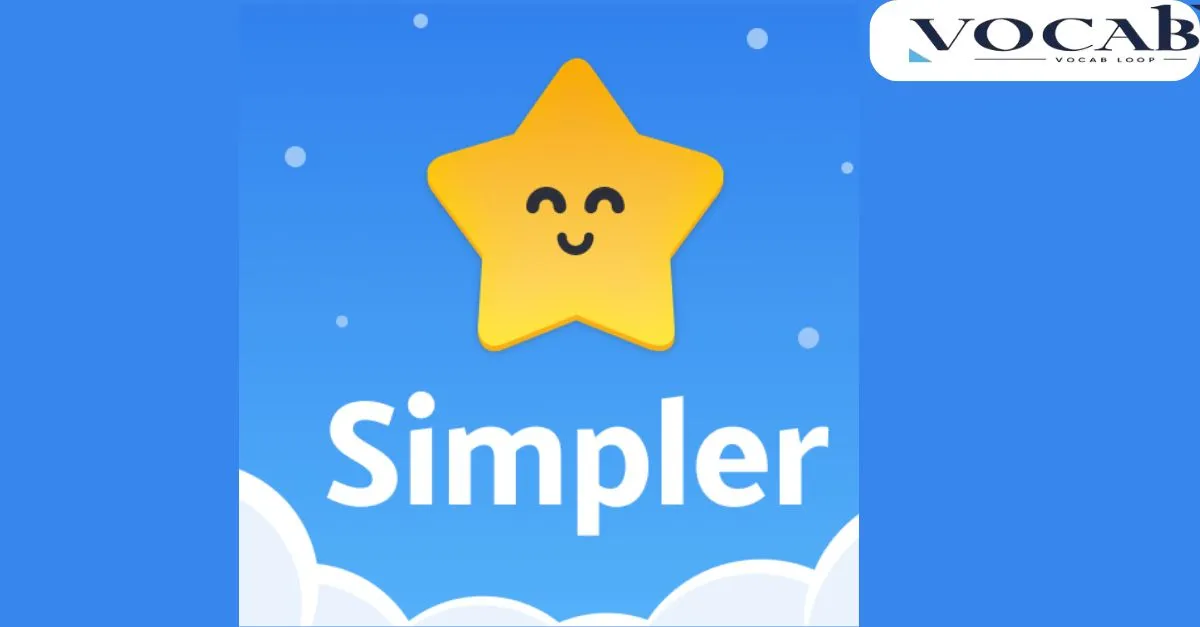
Simpler is the comparative form of the adjective “simple,” used to show that one thing is less complex or easier than another. It follows standard English grammar rules for one- or two-syllable adjectives by adding “-er” to create comparisons. For instance, “This solution is simpler than the previous one” means the solution is easier to understand or implement.
The word is commonly used in English conversations because it’s concise and fits well in both formal and informal settings. Whether describing a simpler lifestyle or a simpler phrase, it emphasizes ease and clarity, making it a practical choice in communication.
Is the Simpler Word Correct?
Yes, “simpler” is correct and widely used in English grammar. It follows the general grammar rules for forming comparative adjectives by adding “-er” to shorter words.
This makes “simpler” a concise and natural choice in both writing and speaking.
Definition:
According to the Oxford Dictionary, “simpler” means “easier to understand, do, or use.” It is the comparative form of “simple.”
Meaning:
The word “simpler” refers to something less complicated or easier than another option. For example, “This method is simpler than the last one.” It’s commonly used to describe comparisons in conversational English and formal writing.
Usage:
A simpler time refers to a period when life was less complicated. In contrast, “simpler language” means using fewer words or clearer terms. For example, “The instructions in this manual are much simpler.”
What Is More Simple?
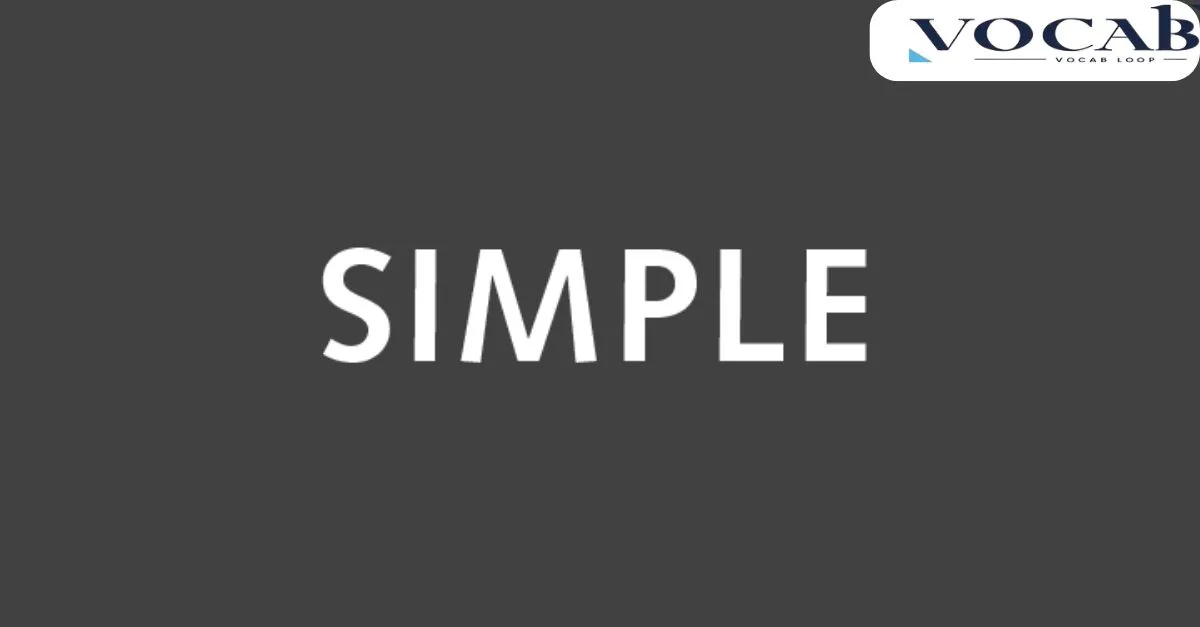
More simple is another way to compare simplicity between two things, using “more” instead of the “-er” suffix. While less common than “simpler,” it is still grammatically correct and often appears in formal writing or speech to provide emphasis. For example, “This design is more simple than the earlier version” highlights the reduced complexity of the design.
Unlike “simpler,” “more simple” can sound slightly wordier, making it less frequent in English conversations. However, it is useful when clarity or stress is needed, particularly in academic or technical contexts. Both forms convey the same meaning but differ in tone and style.
Is the More Simple Word Correct?
“More simple” is also correct but is less commonly used. It often appears in sentences where emphasis is needed or when the speaker wants to sound formal.
Definition:
“More simple” is a phrase used to describe something that is easier or less complex than another. It is a variation of “simpler” that uses the word “more” to make the comparison clearer.
Meaning:
The phrase “more simple” tends to focus on easier comparisons and is slightly more formal. For instance, you might say, “This process is more simple and direct.”
Usage:
While “simpler” is favored in casual speech, “more simple” might appear in formal contexts. For example, “This guide provides a more simple explanation of the concept.”
Quick Summary
| Aspect | Simpler | More Simple |
| Common Usage | Informal and conversational | Formal and emphatic |
| Sentence Length | Shorter | Longer |
| Example Sentence | “This is simpler.” | “This is more simple.” |
Simpler or More Simple as a Part of Speech
Both “simpler” and “more simple” are adjectives used for making comparisons. In comparative grammar, adjectives can take different forms based on their syllables. Short words like “simple” typically add “-er,” while longer words use “more.” These rules are part of the syntax rules that govern adjective forms.
In spoken English, grammar guidelines suggest choosing “simpler” for shorter, smoother sentences. However, “more simple” works better when clarity is the goal.
Pronunciation of Simpler or More Simple
The pronunciation of “simpler” is /ˈsɪm.plər/, while “more simple” is pronounced as /mɔːr ˈsɪm.pəl/. Both are easy to say, but “simpler” rolls off the tongue faster, making it the preferred choice in informal language.
Which One Is More Acceptable: Simpler or More Simple?
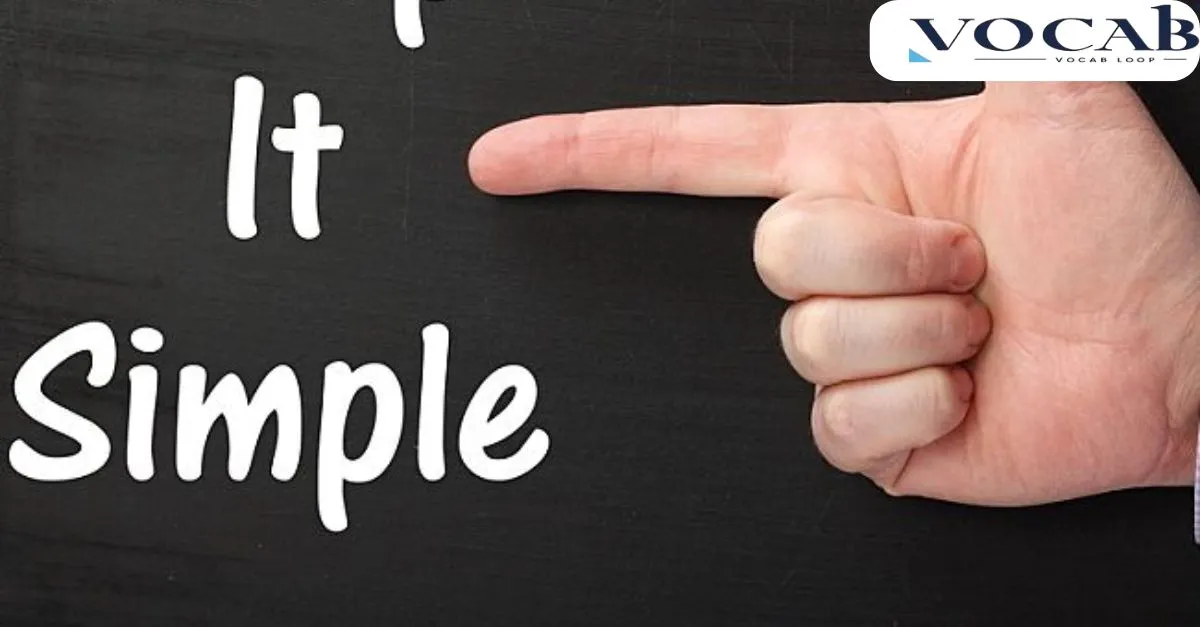
In American English, “simpler” is more common in daily conversations and writing. It is concise and fits naturally into casual speech. On the other hand, “more simple” is used in more formal settings or to add emphasis.
Simpler in British English and American English
In British English, “simpler” is widely understood and commonly used, though it may occasionally be replaced with “more simple” in formal or academic contexts. The British often value subtle variations in tone, so both forms can be acceptable depending on the situation.
In American English, “simpler” is strongly favored for its brevity and straightforwardness, aligning with the preference for concise, clear communication. Whether in English grammar lessons or everyday speech, Americans frequently choose “simpler” over “more simple,” as it feels more natural and efficient. Despite these preferences, both forms are grammatically correct and understood in both dialects.
More Simple in British English and American English
In British English, “more simple” is used occasionally, especially in formal or literary contexts where emphasis on simplicity is required. While not as common as “simpler,” it may appear in academic writing or structured comparisons, such as “The older methods were more simple to implement.”
In American English, “more simple” is less frequent but still correct. It tends to be reserved for moments when formality or deliberate emphasis is desired. Americans typically lean toward “simpler” for its brevity and ease in casual speech, but “more simple” may be chosen in specific contexts to stress clarity or a contrast in complexity.
Common Mistake: How to Avoid Them
A common mistake is overusing “more simple” when “simpler” is more appropriate. “Simpler” fits naturally in English conversations and is ideal for easier comparisons in casual contexts. On the other hand, “more simple” suits formal writing or when emphasizing simplicity.
To avoid errors, consider your tone and audience—choose “simpler” for clarity and brevity, and reserve “more simple” for situations that call for emphasis or formality.
Trick to Remember the Difference: Simpler or More Simple
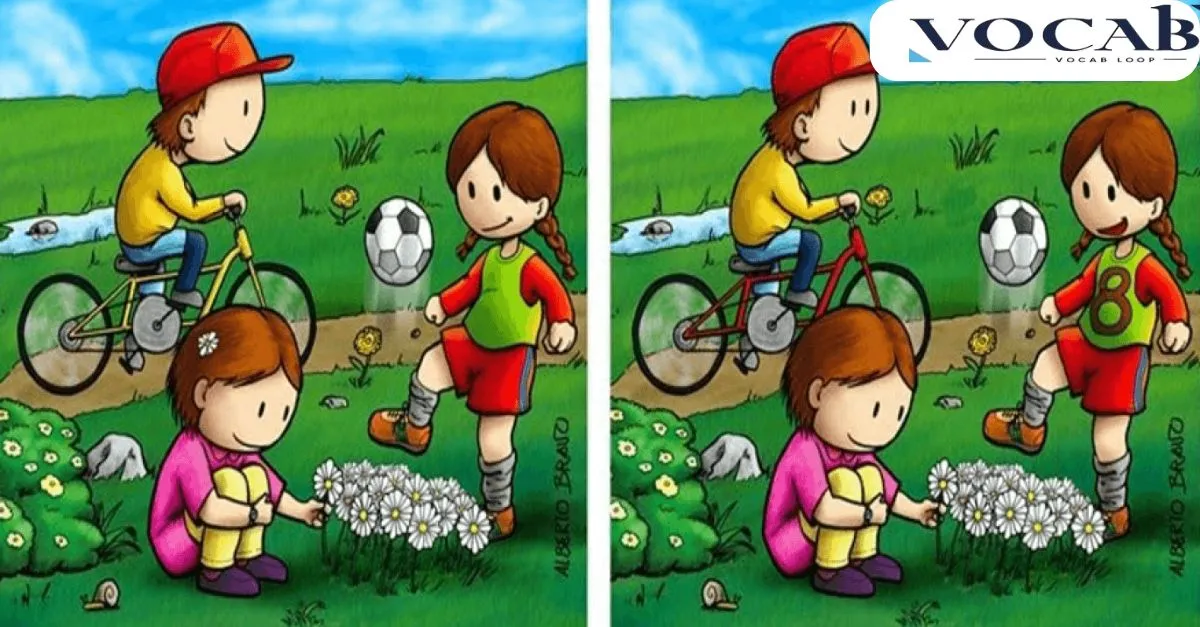
To choose the right form, follow this simple rule: Use “simpler” when you want a natural, concise option that fits casual or everyday speech. Opt for “more simple” when clarity or emphasis is needed, especially in formal writing.
It’s like deciding between brevity and emphasis—“simpler” reflects ease, while “more simple” leans toward precision in your language use.
Origins of Simpler or More Simple
Simpler:
The word “simpler” originates from the Old French word “simple,” which meant “plain, unadorned, or straightforward.” Its roots trace back to Latin “simplus,” meaning “single” or “not divided.”
Over time, English adopted the term and followed standard grammar rules by adding the comparative suffix “-er” to form “simpler.” This evolution reflects English’s preference for brevity and simplicity, making “simpler” a natural choice in both informal and formal speech.
More Simple:
The phrase “more simple” appeared later as English absorbed Latinate structures, especially during the Middle English period. Influenced by Latin-based expressions, “more simple” allowed speakers to emphasize clarity or formality.
It became a stylistic alternative, often used in comparative language for academic or rhetorical purposes. Both forms coexist today, serving distinct tones and contexts.
Synonyms of Simpler or More Simple
Simpler:
- Easier
- Plainer
- Less complex
- Uncomplicated
- Streamlined
- Clearer
- Less intricate
- Less convoluted
- More straightforward
- Effortless
More Simple:
- Less detailed
- Less decorated
- Less fancy
- Basic
- Undemanding
- Direct
- Less refined
- Non-complex
- Minimal
- More basic
Sentences in Daily Usage of Simpler or More Simple
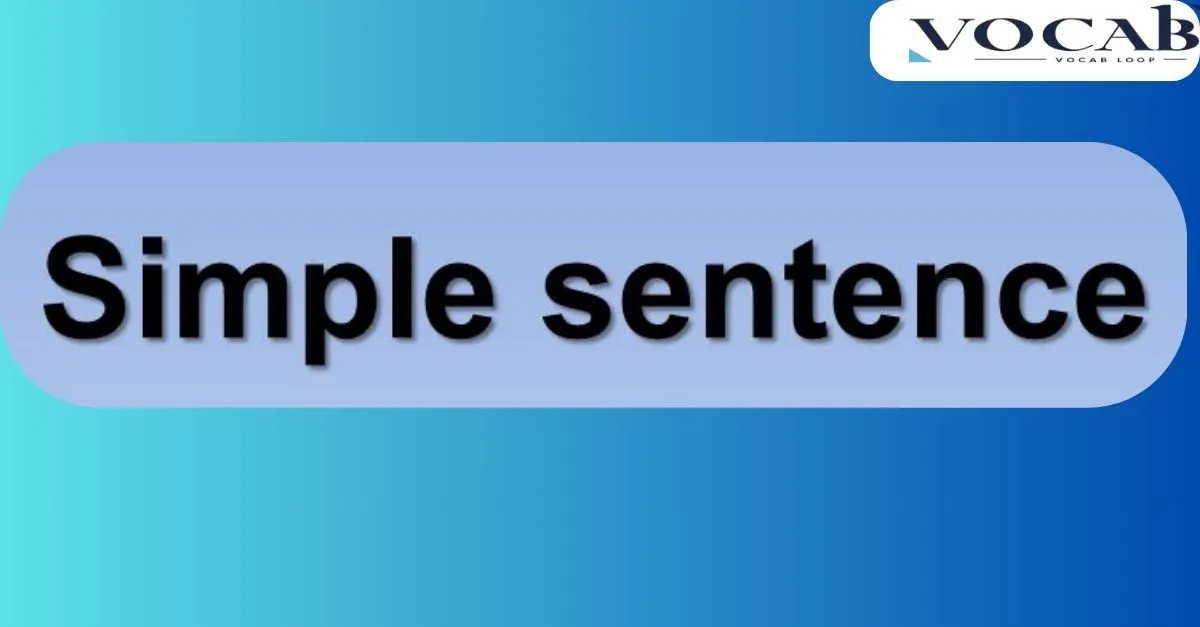
Simpler:
- This design is simpler than the original.
- A simpler approach will save time.
- Life was simpler in the past.
- The simpler recipe tastes better.
- Can we find a simpler solution?
- The system is now simpler to use.
- A simpler explanation works best.
- Simpler methods are often more effective.
- It’s simpler to just ask.
- The game has simpler rules now.
More Simple:
- A more simple diagram explains it better.
- This idea is more simple than the others.
- The guide offers a more simple overview.
- Try a more simple answer.
- The design is more simple and elegant.
- She prefers a more simple lifestyle.
- This is a more simple way to learn.
- Their explanation was more simple and clear.
- A more simple approach is needed.
- A more simple tool will suffice.
FAQs
Can I use “simpler” and “more simple” interchangeably?
No, use “simpler” in casual settings and “more simple” for emphasis or formality.
Why is “simpler” more popular in American English?
It’s shorter and fits the preference for concise communication.
Is “more simple” incorrect?
No, it’s grammatically correct but less common.
What are some synonyms for “simpler”?
Easier, plainer, and less complex are common alternatives.
How can I avoid mistakes with these terms?
Choose based on context and tone.
Conclusion
Understanding the difference between simpler or more simple helps you follow grammar rules and use comparative language correctly. Use “simpler” in casual English conversations for a natural tone, while “more simple” works better in formal or emphasized settings.
By considering context and audience, you’ll make the right choice every time, improving your language skills effortlessly. With these insights, you’ll confidently navigate adjective usage and create clearer, more effective communication in both speech and writing.

Alex Hormozi is a seasoned blogger at Vocab Loop, known for his deep insights into language, vocabulary, and grammar. With years of experience in writing, Alex shares practical tips and effective strategies to help readers improve their linguistic skills and enhance their writing abilities.

